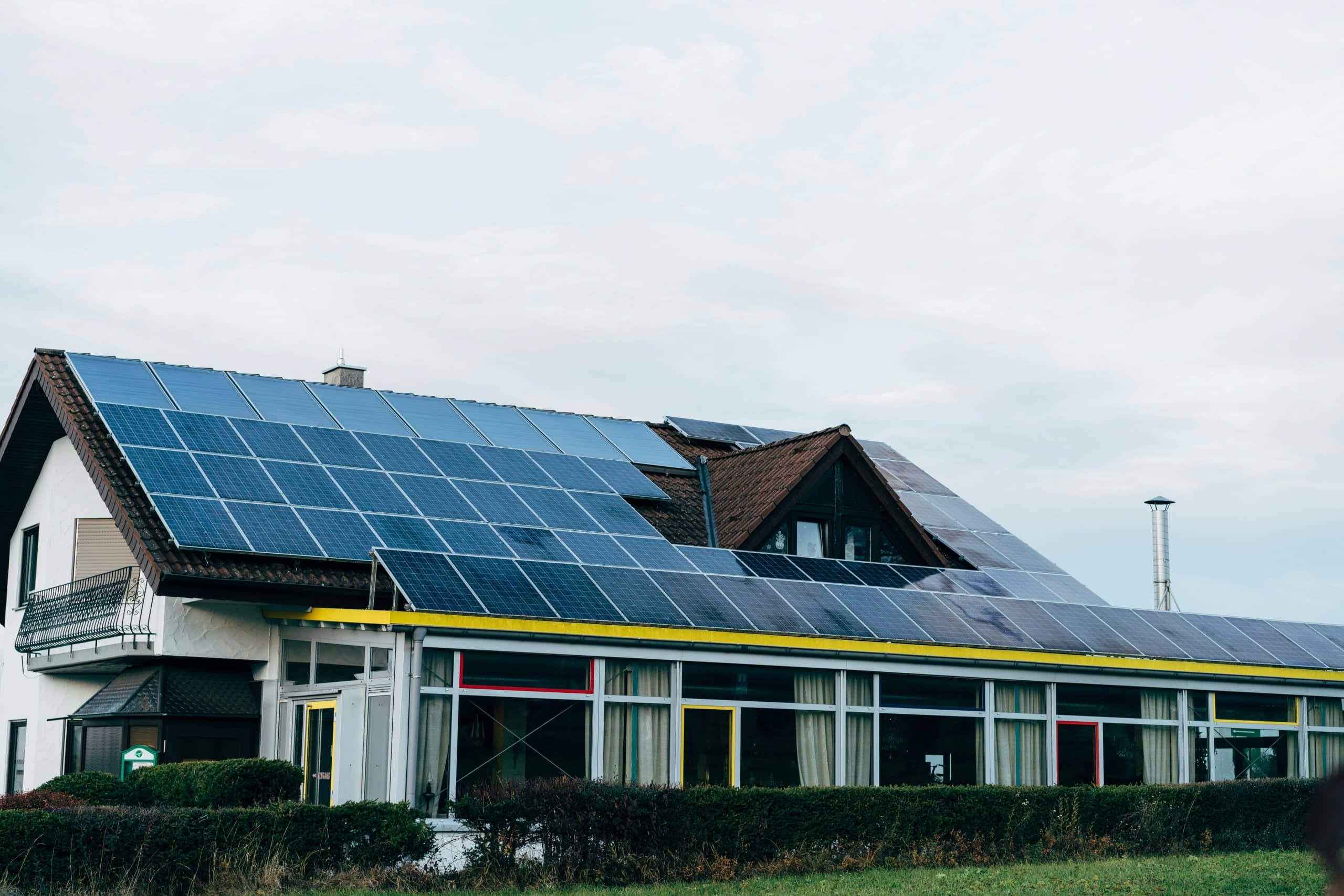Renewable energy in the home: practical tips for going green

In today’s world, the imperative to reduce our carbon footprint and embrace sustainable living has never been stronger. As the effects of climate change become ever more apparent, it’s essential for every household to contribute to the solution. Fortunately, integrating renewable energy and eco-friendly practices in your home has become more accessible and efficient than ever. By adopting simple yet effective strategies, you will not only save money on your energy bills but also help create a healthier planet. This article will guide you through actionable advice on harnessing solar power, conserving water, minimizing waste, and making your home more energy-efficient. Together, these steps can make a significant difference, allowing you to save energy and help reduce environmental impact.
Embracing solar energy
Solar technology has made leaps and bounds, becoming an increasingly popular choice for homeowners. Installing solar panels on your property can significantly reduce energy consumption from non-renewable sources and decrease electricity costs in the long run.
Cela peut vous intéresser : AI and Education: What are the impacts of artificial intelligence on learning?
When considering solar energy for your home, it’s essential to assess your energy needs and roof space. Engaging with a professional solar provider can help you navigate the options, including the possibility of surplus energy storage or selling back to the grid. Though the initial investment can be substantial, government incentives and the long-term savings on electricity bills make solar power a financially sound and environmentally friendly choice.
Moreover, solar isn’t limited to electricity generation. Solar water heaters can provide an efficient method to heat your home’s water supply, reducing reliance on gas or electric water heaters. By adopting these solar solutions, you’re not only cutting costs but actively contributing to the shift towards renewable energy use.
Cela peut vous intéresser : why does a woman have to wear jewelry ?
Conserving water and reducing waste
Water is a precious resource, and every gallon saved contributes to a more sustainable environment. Simple changes in household habits can save thousands of gallons of water annually. Fixing leaks, investing in low-flow toilets and showerheads, and using drought-resistant landscaping can all make a significant difference.
Reducing waste is equally crucial. The mantra "reduce, reuse, recycle" should be the foundation of your waste management strategy. Opting for eco-friendly products, avoiding single-use plastics, and composting food scraps are all effective ways to mitigate waste generation. Furthermore, consider investing in energy-efficient appliances that not only use less water but also electricity, thereby multiplying your conservation efforts.
By integrating water-saving practices and a rigorous waste reduction program, you can decrease your environmental impact and encourage others to follow suit. It’s about creating a culture of conservation within the household that extends out to the community and beyond.
Investing in energy-efficient appliances
Household appliances account for a significant portion of your energy bills. Upgrading to energy-efficient appliances is a substantial step towards lowering energy consumption and saving money.
When shopping for new appliances, look for the Energy Star label, which signifies compliance with energy efficiency standards. Items such as refrigerators, washing machines, and dishwashers with this label can help reduce energy use substantially over their lifetime. Additionally, modernizing your heating and cooling systems with efficient models can lead to considerable cost and energy savings.
Remember, the goal here is to make informed choices that will lead to long-term benefits for both your wallet and the environment. Although the upfront cost may be higher, energy-efficient appliances quickly pay for themselves through lower operating costs.
Lighting the way to efficiency
Lighting accounts for a considerable percentage of home energy consumption. Switching to energy-efficient light bulbs like LEDs or CFLs can dramatically reduce your home’s energy use. These bulbs use a fraction of the electricity of traditional incandescent bulbs and last much longer, which means less waste and fewer replacements.
Beyond bulb choice, consider optimizing natural light in your home. Using light-colored paints, reflective surfaces, and strategic window treatments can enhance daylighting, reducing the need for artificial lighting during the day. Motion sensors and smart lighting systems can also help ensure lights are only on when needed, adding to energy savings.
Adopting energy-efficient lighting is one of the quickest and most cost-effective ways to save energy and reduce your carbon footprint. Every bulb changed is a step closer to a greener home and a healthier planet.
The bigger picture: green living and climate change
Your efforts at home contribute to a global movement to combat climate change. By implementing green practices and using renewable energy, you’re helping to reduce greenhouse gas emissions and combat the environmental crisis.
Going green in your home is not just about technology; it’s about adopting a sustainable lifestyle. This includes being mindful of your consumption patterns, supporting renewable energy initiatives, and advocating for environmental policies. It means recognizing that each action, whether it’s choosing energy-efficient appliances or reducing plastic use, plays a part in a larger ecosystem.
In conclusion, making your home a bastion for renewable energy and sustainable practices is a powerful way to contribute to a greener future. By harnessing solar power, conserving water, investing in energy-efficient appliances, and optimizing lighting, you can substantially reduce your energy bills and carbon footprint. Remember, the journey to eco-friendly living doesn’t end with these changes; it’s an ongoing commitment to save energy, help reduce environmental impact, and promote a healthier world for generations to come. Join the movement and make your home a model for green living.
